A Different Light – 21 May 2022 – Art therapy good for all
‘Art for art’s sake, money for God’s sake’ was an earworm chorus line in the hit song by 10CC in the 70’s. The song derived it’s inspiration from one of the band member’s fathers who use to say the phrase repetitively, signalling his doubt in the band’s likely success. His doubt was clearly misplaced as the band went on to produce many hits such as ‘Dreadlock Holiday’, one of my old faves.
Art comes in many forms and facets. I should know my mother use to be an art teacher and still cranks paintings out now at the age of 89. The artistic talent obviously jumped a generation, right over me, and landed fairly and squarely on my daughter Chyna who went through Elam Art School and landed a Bachelor of Fine Arts. They both have raw and refined talent. In more recent times she has completed a Masters in the clinical application of Art Therapy.
Arts therapies are forms of psychotherapy using things like visual art, drama, music, or performance art such as dance. It has a therapeutic approach to improving wellbeing. The focus is on the process and not the end product. One of the beneficiaries of Art Therapy are disabled people. In Northland there are such services that are emerging. Last weekend in Waipu Circability hosted the second National Youth Festival. I’d heard through the grapevine that participants had thoroughly enjoyed themselves. I rang Thomas Hinz Circabilty’s Creative Director to see how the festival went. His Germanic exuberance was infectious. “It was really, really good! We had over 200 participants. It was the essence of inclusiveness of diversity. There were people with intellectual impairments and physical impairments. There were people with anxiety, with depression, with ADHD and people with Autism. They were all having a go. There were the school students who we have trained, training other students. There were workshops for; juggling, trapeze performing, tight rope walking and balance performance on giant balls that wheelchair users could do” “Really, wheelchairs on balls”, I said “how does that work?” “they can lie on the balls and spin round” Wow!
“Is it therapeutic?” I asked. Hinz explained, ‘ It’s more the social engagement, it’s that certain kind of “wow – I can actually do this!” moment that really has a big impact on the participants.
I asked my daughter Chyna what “Art Therapy” was about and how it related to disabled people. Her reply was “ you should use the term Creative Arts Therapy”
She the went on to say: “Creative arts therapy includes visual arts, dance movement therapy, drama therapy and nature connected arts. All humans have an inner creative capacity. Arts therapy provides people, including those with disabilities the opportunity to express themselves creatively. These opportunities for expression are especially important for disabled people who have difficulty communicating verbally as they provide a safe, engaging and alternative way to express emotions and experiences.”
So do you have to be ‘good at art’?”
Chyna clarified for her old man that, “ Arts Therapy is not skill based, it is process based and provides disabled people and all people the opportunity to engage authentically and tell their stories, express their identities and imagine new possibilities. Whether it be through dance, play, drama play, visual art, sensory art and storytelling, the arts are intrinsically connected to our human rights, the rights of any person regardless of neurodiversity or ability to engage creatively.
I asked her what is it like being a Creative Arts Therapist
Chyna explained her passion for this mahi. “As a Creative Arts Therapist working at Blomfield Special School, I have found working with disabled and neurodiverse ākonga a privilege. To be able to provide our students with a safe place to express themselves, explore special interests, and build inner confidence within a therapeutic relationship is magical. “
Adding substantially to the growth of Art Therapy services for disabled people in Northland is the Raukatauri Music Therapy Centre. I gave Jen Glover, the Clinical Director and a registered Music Therapist from Raukatauri, a call this week to ask her about what they do. She said that they opened in Northland in March 2019 and they were the only organization that provided this service.
In describing the fundamental concept of their mahi , Jen explained that,
“Music Therapy stimulates the brain cells that are healthy and encourage new cells to be active. This can be used for all age groups, from young toddlers who may be autistic, down Syndrome or children with developmental impairments or trauma to adults who have had a Stroke or Dementia. It can also help with a brain injury clients and the therapy activates the pleasure parts of the brain and help emotionally regulate.”
As I read more about Raukatauri I chuckled inwardly. The Raukatauri Music Therapy Centre was established in March 2004 by singer and songwriter Hinewehi Mohi, who named it after her daughter Hineraukatauri who has severe cerebral palsy. I remembered years ago I saw Hinewehi Mohi at the airport. I went up to her and introduced myself, optimistically thinking I could offer her some advice regarding her daughter, as I have grown up having Cerebral Palsy myself. She gave me a horrified look and walked away. I remember being both stunned and perplexed. Maybe that was my own dose of Art Therapy delivered by the universe: a lesson in humility.
Jonny Wilkinson is the CEO of Tiaho Trust – Disability A Matter of Perception, a Whangarei based disability advocacy organisation.
